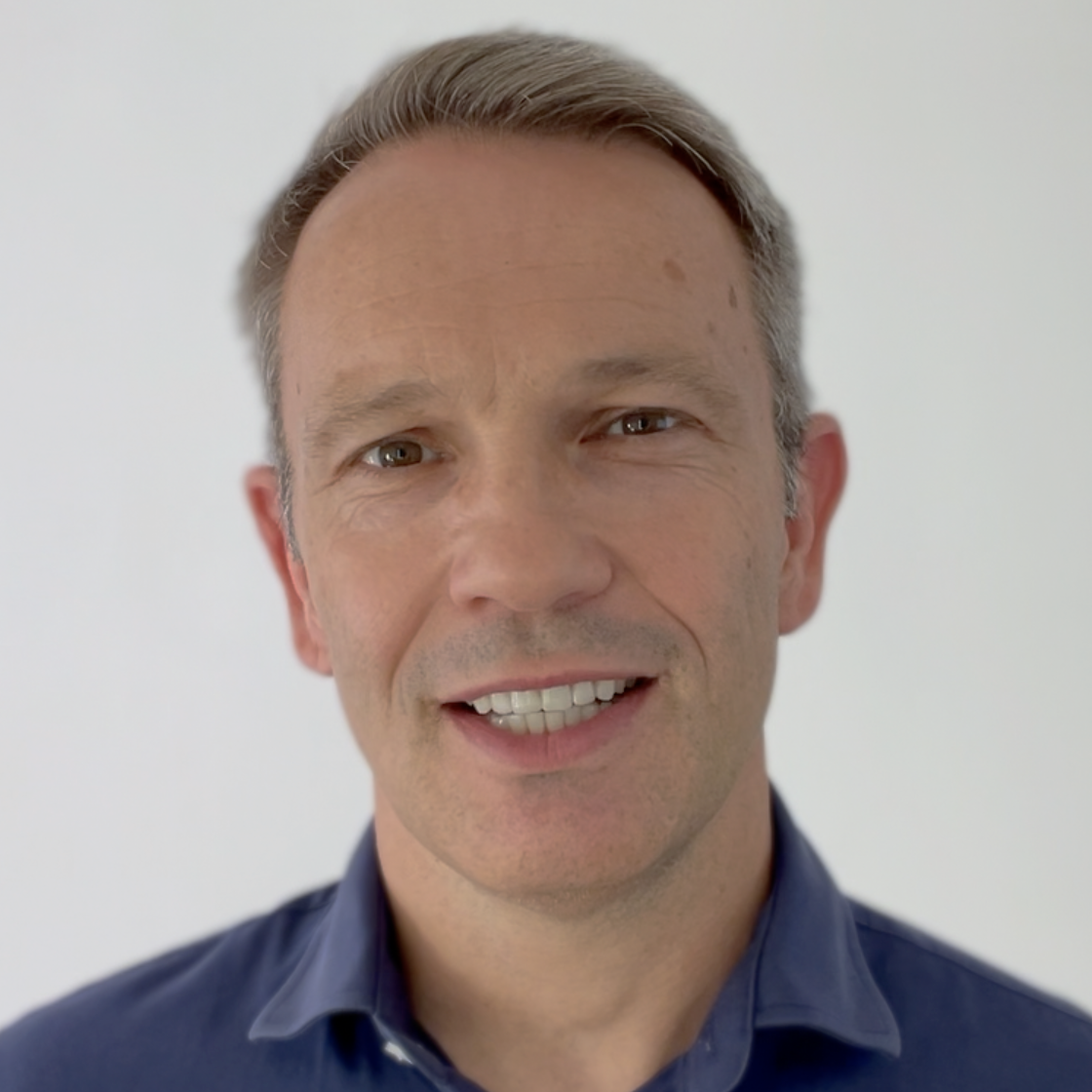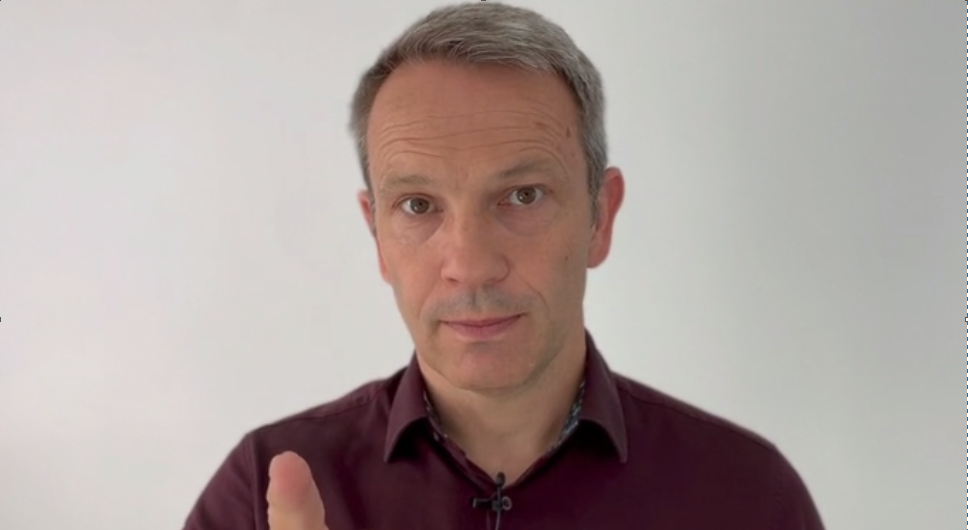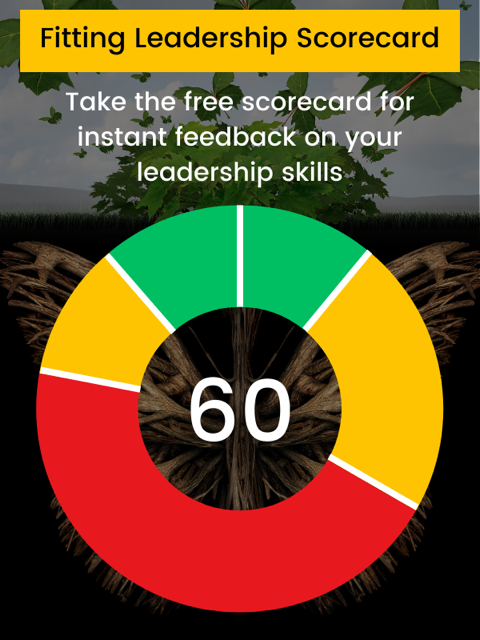Leadership starts and ends with you
October 14, 2020
When I interact with people I often find that people want to talk about what to do with their practice, business or team. The starting point for this is looking at yourself.
The fact is that your presence alone as a leader impacts the team or practice that you are leading. As frightening as it might seem everything you do impacts the people around you and therefore the output and results of your team. This is a responsibility which I sometimes think leaders don’t want to acknowledge or perhaps they believe that they don’t care.
Sometimes people will say well that is me and I am not changing…….
I think this is an excuse for the fact that they cannot be bothered to understand themselves, and recognise that their preferred way of doing things doesn’t work in certain situations. Often the reason for this is because we are scared to admit that we are doing it wrong. Admitting we are wrong and making mistakes is something that leaders are sometimes not prepared to do as they see it as failure. It also goes against the often quoted need for a leader to be ‘strong’.
We all have our weaknesses.
The key is to really understand ourselves so we absolutely know what we are really good at. We also absolutely know what we are really bad at. We look to maximise our strengths and then we look at the areas we are bad at and bring them up to good enough levels that they don’t hold us and the team back. You can decide not to do anything about it or to do something about it, but the important thing is to have an accurate understanding yourself, being truly honest with yourself and exploring the impact this has on the people around you. Don’t carry on doing it ‘your way’ without being really honest, doing some self-exploration and at least honestly recognising the impact this has on the people around you.
This is a never ending journey which can be hard and takes time and effort. But there are significant rewards that come from it in terms of the people and business you lead. It is also immensely fulfilling and improves your level of inner confidence and therefore performance.
Personally, I went through a pretty long journey on this front with regards to a particular topic and that was around having difficult conversations with people. In the beginning I didn’t really have an awareness that this was even a problem. I was really in denial for quite a while and got quite angry and frustrated when people were telling me about the fact that this was holding back my team and performance. I then got quite down about it before eventually getting off my back side and starting to just experiment and do it. Part of what enabled me to do this is understanding that this doesn’t mean I cannot do this as a person and that I can change and be a leader that has this in my armoury, contrary to what certain people may have communicated to me. Also, it doesn’t change the core of who I am as a person but it allows me to adapt in certain situations where it is required.
This is something that will always be an ongoing work in progress for me. At the same time, I came to realise that when I did pluck up the courage to have the conversations, I was actually quite good at them, as I had a natural level of empathy in how I did them, unlike somebody who is happy to regularly have difficult conversations, but can forget the need for empathy and understanding.
And so you see both sides of the coin in this example and this is often what we need to be aware of. Our greatest strengths in extreme measure can often be our greatest weaknesses.
The key is recognising the time and the place when you have to adapt and go outside of your natural comfort zone, style and strengths. If you cannot truly recognise and be aware of your strengths and weaknesses then you cannot go about adapting appropriately to make the most of your strengths and minimise your weaknesses.
Looking at your strengths and weaknesses from a technical skills point of view is valid but for me is the easy option. What we are talking about here is your strengths and weaknesses from a behaviour point of view.
There are many tools out there to really help with this, including personality profiling, 360 feedback and simply being open to, accepting and encouraging feedback from your team. When that happens you must listen and be genuinely curious…..’thanks for the feedback…….please can you help me understand it in more detail and with real clarity so that I really can reflect on what I can do with it….’
It is also important to reconcile your natural strengths and weaknesses with the small number of values that are most important to and you want to live by. More of that in the next article…..
Be honest with yourself……
What helpful behaviours do you regularly exhibit that positively influence and motivate those around you? What behaviours do you exhibit that demotivate and negatively influence those around you? What behaviours do you need to demonstrate more and in what situations?
Sign up here
to receive actionable insights by email




Please add your comments and thoughts on the above article and engage with the broader community.